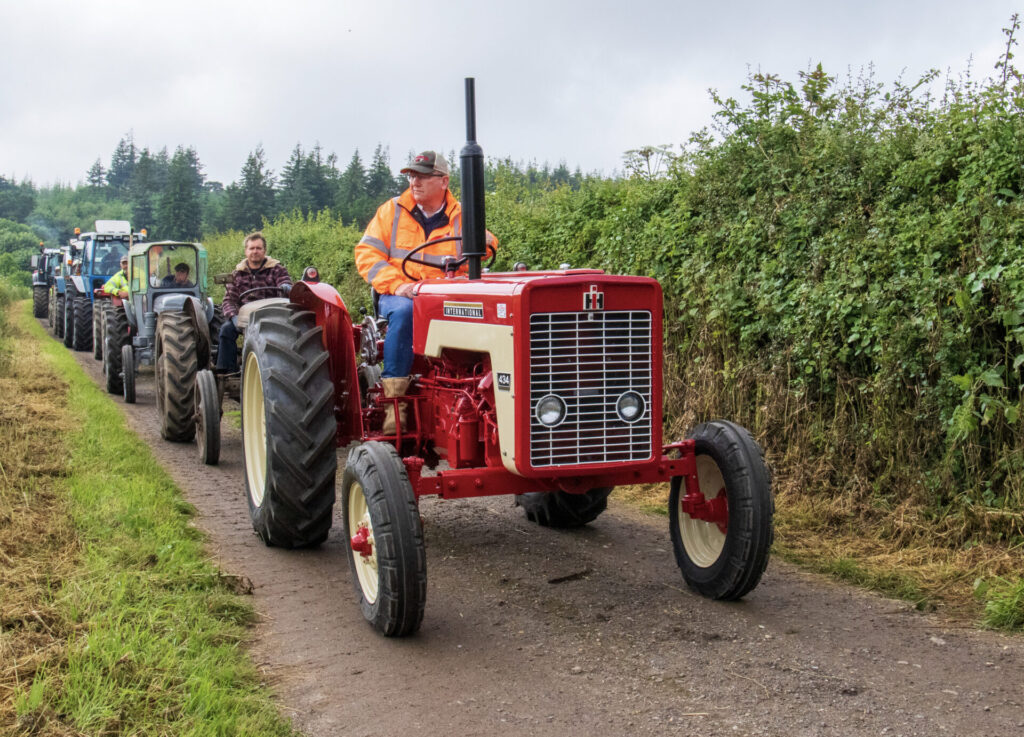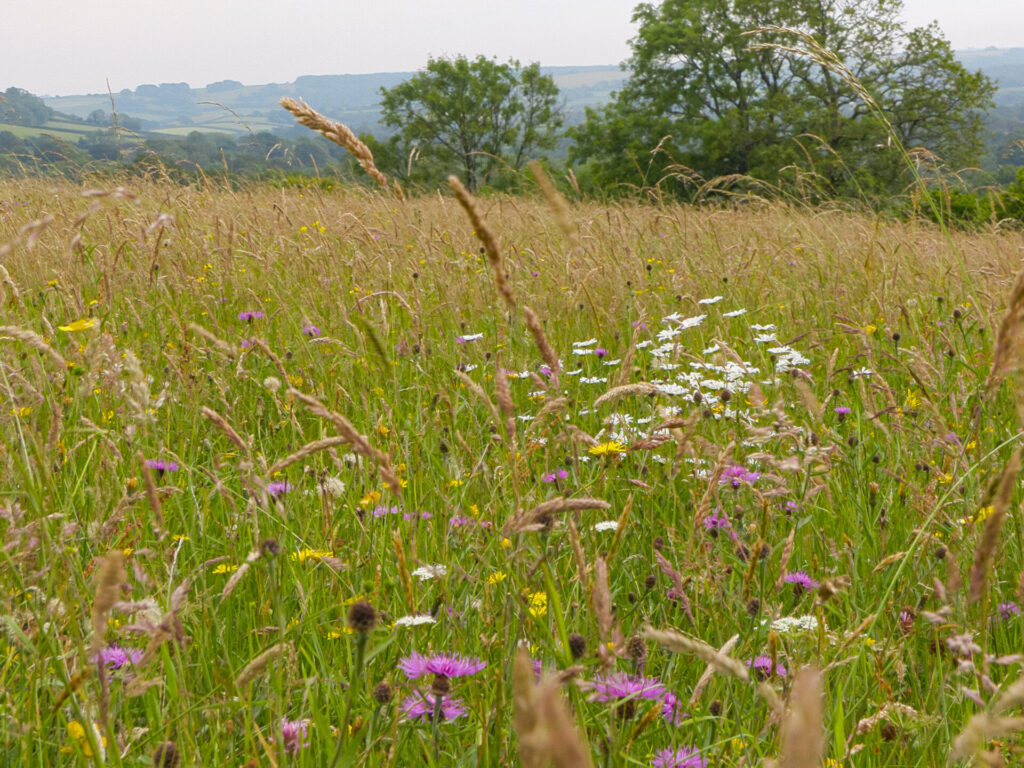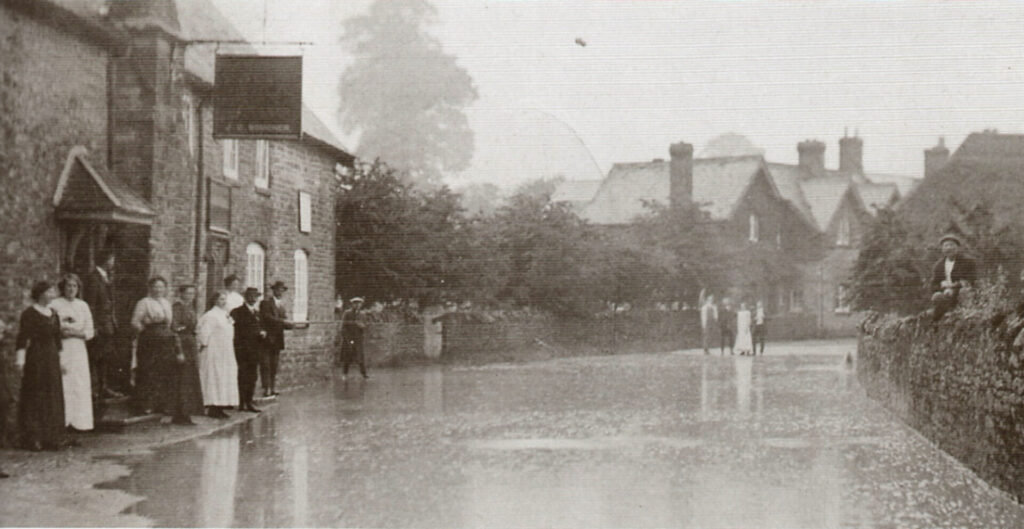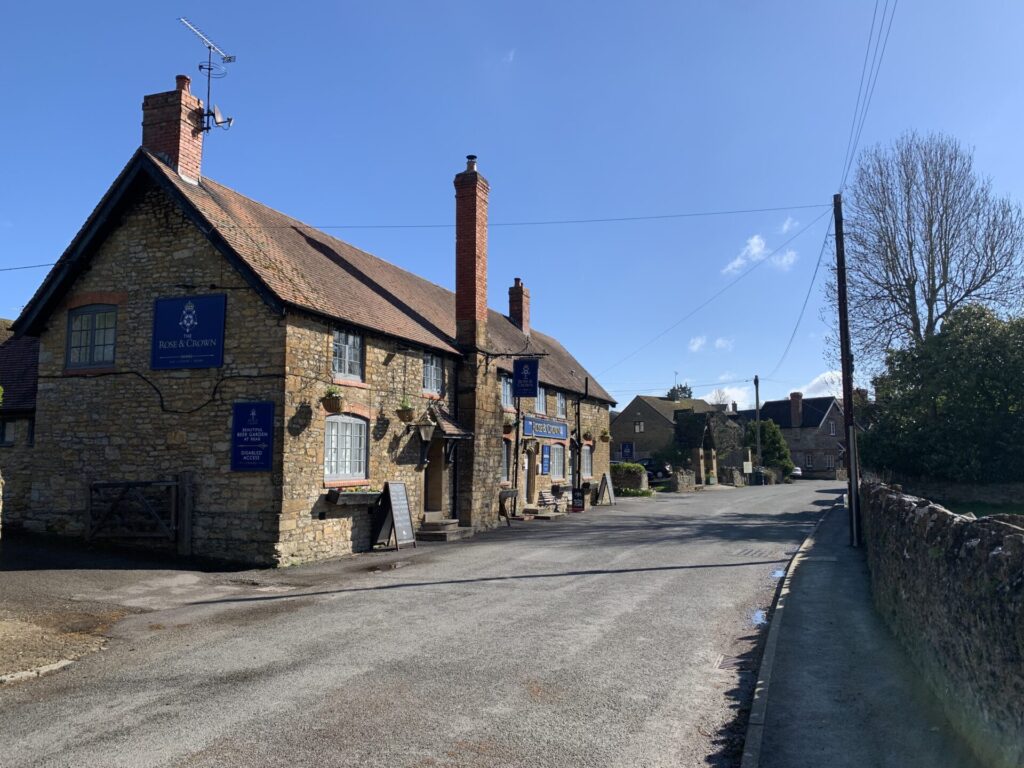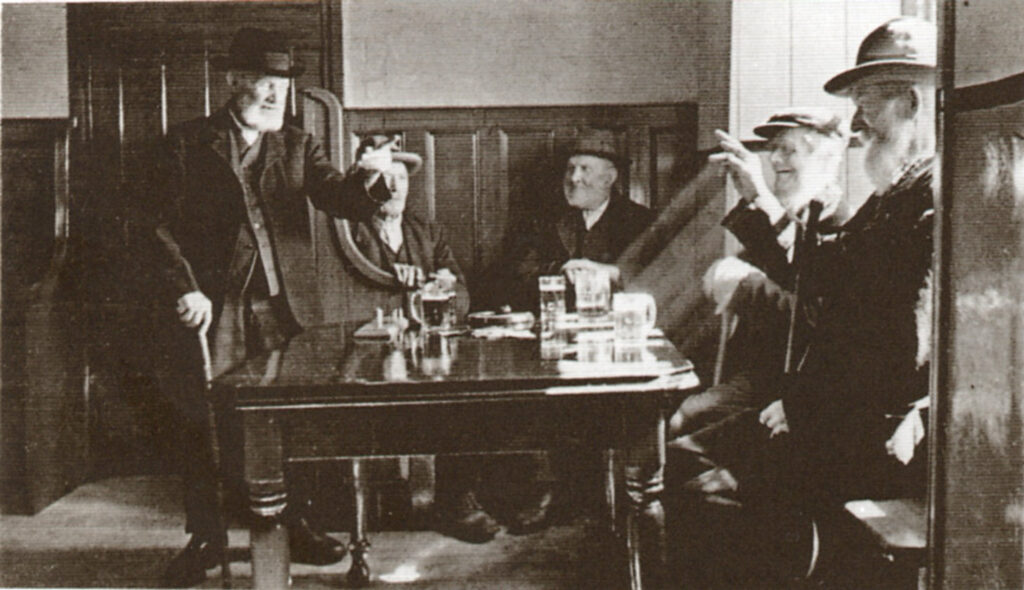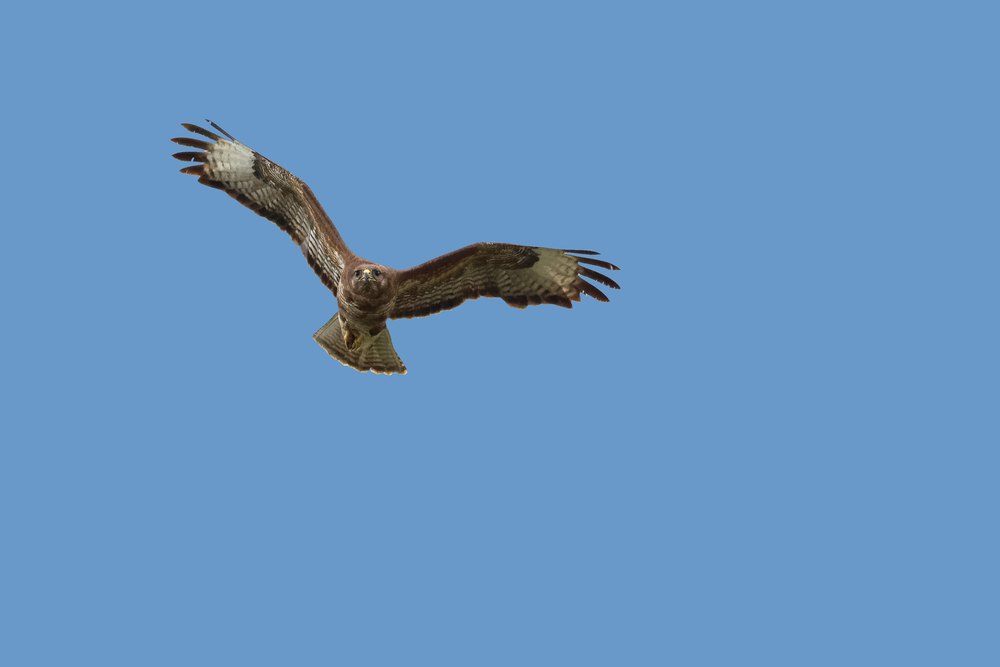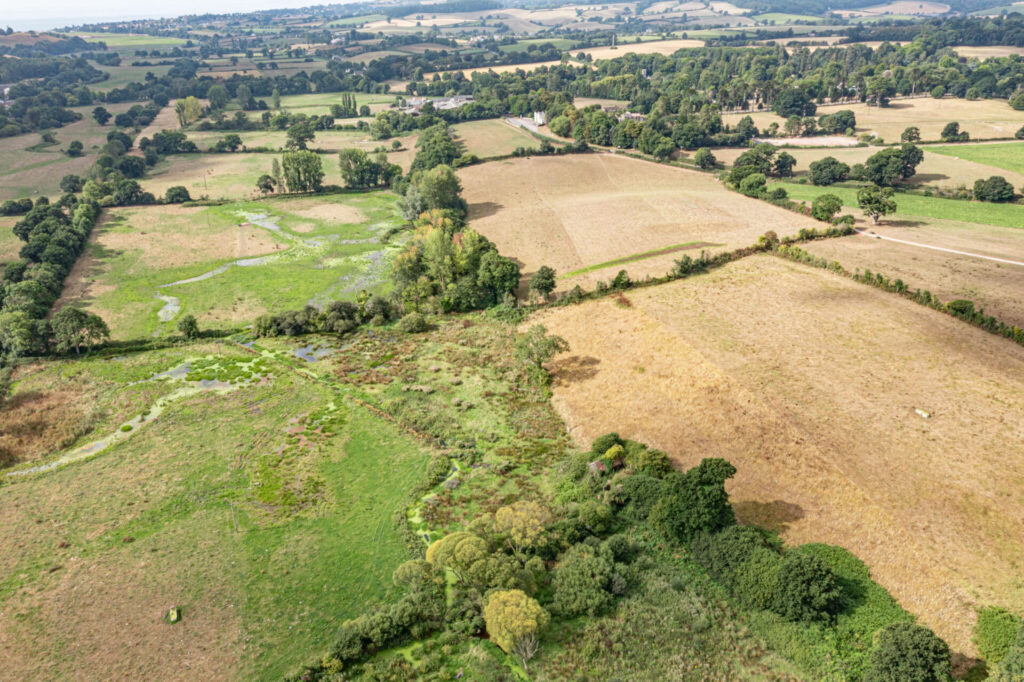Love Local, Trust Local founder Barbara Cossins is passionate about the benefits and opportunities from Open Farm Sunday
I would like to start by congratulating Laura and Courtenay on being shotlisted for a major national award! It’s so rewarding to get recognition for all your hard work, and it’s very well deserved.
The BV started at exactly the same time the Love Local Trust Local Awards were being launched. We both started out on our journeys together, back when nothing was happening in the world (apart from the whole global pandemic, obviously). Three years on and it is great to see both of us still working hard to champion and deliver what we set out to achieve in the most difficult and challenging of times.
Back to our roots
The Love Local Trust Local food label was created in 2018 after an Open Farm Sunday, during which it was very apparent that people wanted to support British farmers but they simply didn’t know who to trust anymore.
This year we will be hosting Open Farm Sunday at Rawston Farm for the first time since then – please put Sunday 11th June on your calendar now! It’s a national event, so if Rawston is a little far you can go to FarmSunday.org and find the nearest open farm to you. Do visit, and meet the Dorset farmers feeding us all. Talk to them, make them feel wanted and supported, and learn more about the British produce on your plate.
At rawston we will also be showcasing some of the best Dorset products that entered the 2022 LLTL Awards. They are all winners in our eyes – please come and meet them and support their small, independent businesses.
We are also hoping all our award sponsors will be there to talk to local residents and visitors about how they work with the local farmers. Representatives from Damory Vets, the NFU, Blanchard Baileys, Symonds and Sampson, Kingston Maurward College, Saffery Champness, Meggy Moos Dairy, Dike & Sons and Roberts Food Service are just a few of the names that will be supporting us in some way or another for Open Farm Sunday 2023.
Education, education, education
As an industry we need to encourage and engage with the general public more about farms, farming and food production locally. This national day gives us the chance to show people where their food is coming from, it helps to educate the young (and old!) that supermarkets do not grow and produce the food they sell, the farmers do.
It’s an important difference.
I’m always sad to hear in meetings that farmers feel the public don’t care or don’t want to support them. It’s not for a lack of interest – there simply needs to be more education on the truth around the UK food industry. Together we need to make a stand against big brand names and their bullish behaviour towards our farmers. Something has to change, and soon.
We need to go back to basics. To grow food on our land, to start cooking from scratch again, to eat seasonal food like our ancestors did, and to stop relying on imports of cheap food that we can’t trust. The more we know and understand about the food we eat, including how it was produced and where it came from, the better for our health and wellbeing too.
Let’s keep buying, shopping, eating and supporting local. It’s the least we can do.



